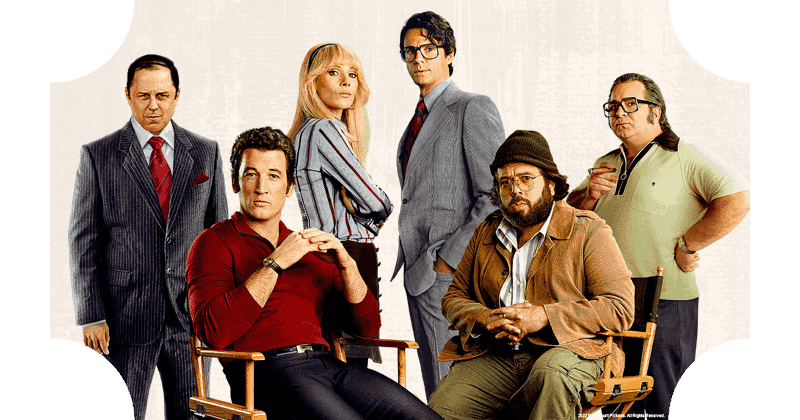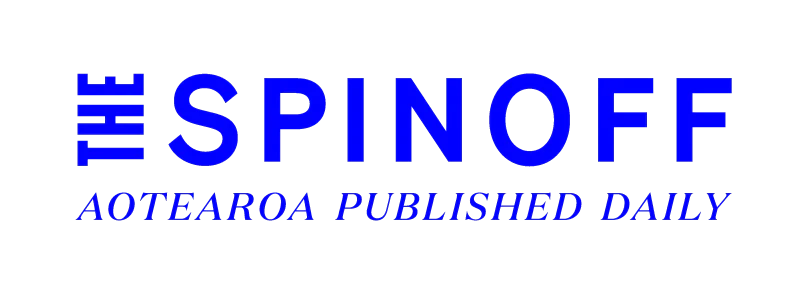Mōrena and welcome to The Bulletin for Friday, April 29, by Anna Rawhiti-Connell. Presented in partnership with Z Energy.
In today’s edition: housing infrastructure announcement; fiery council meeting; farewell to a good boy; but first, the implications of the bank of Mum and Dad.
Bank of Mum and Dad fifth largest owner-occupier lender (Photo: RNZ/ 123RF)
Fifth largest source of housing finance for owner/occupiers
Research from Consumer NZ has revealed just how big a helping hand parents are giving their children when buying a house. “The bank of Mum and Dad”, something of a ubiquitous phrase now, ranks fifth after ANZ, ASB, Westpac and BNZ when it comes to owner-occupier loans. Parents have contributed $22.6bn in loans, monetary gifts, rental expenses (by allowing children to live with them rent-free), repayments, purchased property and other means of financial help. 14% of families have assisted children to buy a house. As Tess McClure reports for the Guardian, 58% of children who bought property in Auckland had family support.
The return of the landed gentry?
Like Simon Bridges, I read Max Rashbrooke’s “Too Much Money” over the summer (reviewed here by Danyl McLauchlan). It sets out the ways wealth disparities are changing Aotearoa. In the very first paragraph, Rushbrooke introduces “the bank of Mum and Dad”. He refers to “the return of the landed gentry”, a phrase he attributes to economist Shamubeel Eaqub. The Consumer NZ research found only 10% of those surveyed experienced financial hardship as a result of their contribution which suggests there is a level of existing wealth required to be able to assist your children in the first place. Housing wealth is the most widely held type of wealth in New Zealand according to Treasury. Wealth that is now being transferred to the next generation, for the purchase of more property.
“It’s the deposit”
This isn’t Downton Abbey – land and jewels are not being passed down among an aristocracy. For many, the need for parental financial support is the product of a big jump in house prices. The median house price in New Zealand rose from $620,000 in May 2020 to $890,000 as at March 31. “It’s the deposit” has been a catch-cry of first-home buyers and the research revealed that 61% of parents were contributing to a deposit. Rising interest rates may add “it’s the repayments” to the list. According to an interest.co.nz survey published yesterday, housing affordability is the worst it’s been in 18 years desite a drop in house prices.
Frayed social fabric
There are practical implications to all this. It’s something that increasingly needs to be factored into divorce settlements. Evidence of a sizable financial gift is considered when applying for residential care subsidies from the government. Money being plumbed back into the housing market is money not being invested elsewhere. It impacts retiement savings. There are aslo societal implications. Where we can afford to live and, as the research shows, how we afford it can depend on the wealth of our family. The Prosperity Index for Auckland revealed income disparity between areas of the city. We increasingly live further away from people who don’t live like us. Rashbrooke argues this creates fractures and that as “the social fabric becomes frayed”, “democracy is diminished”.
We are on a mission to ensure independent journalism thrives in Aotearoa. Will you help us? Become a Spinoff member today and join a community of your fellow readers whose generous support funds our journalism and ensures we can continue bringing you powerful, original stories about the Aotearoa that was and will be. Head over here to find out more about how you can support our mahi.
Five Auckland suburbs selected for housing infrastructure spend
Housing minister Megan Woods was joined by mayor Phil Goff and MP for Mt Roskill and transport minister, Michael Woods to announce a $1.4 billion infrastructure investment in Auckland. The money is for sewage and stormwater systems, roading, and flood protection to enable the building of 16,000 houses on crown-owned land. The infrastructure will also support the building of 11,000 houses on surrounding private land, says Woods. It’s from the $3.8bn Housing Acceleration Fund announced in the 2021 budget. Work will be concentrated in five suburbs: Mt Roskill, Māngere, Tāmaki, Oranga and Northcote.
“Local government reporting is boring” … “Are you sure of that?"
When local democracy reporter for the Rotorua Daily Post, Felix Desmarais tweeted this story he said “Whenever a junior reporter says local government reporting is boring, I say "are you sure of that?" Desmarais was reporting on a Rotorua District Council meeting yesterday where councillor Peter Bentley resigned following what was described as a “fiery exchange with mayor Steve Chadwick.” It comes after attorney general David Parker said the Rotorua District Council Representation Arrangements Bill cannot be justified and discriminates against general roll voters. The bill would have increased Māori representation on the council. In response, Te Pāti Māori co-leader Rawiri Waititi accused Parker of "caucasity". The ward restructure has now been paused.
New Zealand Rugby turns a profit for first time in four years
The $5.5m net profit for the 2021 financial year was announced at NZR’s annual general meeting on Thursday. There was no discussion of the $200m private equity deal with Silver Lake. NZR CEO Mark Robinson had hoped the deal would be done by June but provincial rugby unions have asked for more time. The NZR said post-Covid revenue recovery was largely driven by increases in broadcasting revenue, sponsorship and licensing. New sponsorships include a six-year deal with petrochemical company Ineos, a move that was decried by Greenpeace.
From our partners at TVNZ: If you liked the Godfather, TVNZ OnDemand has an offer you can’t refuse. Based on Oscar-winning producer Albert S. Ruddy’s experience making the iconic flick, The Offer is the never-told story of The Godfather – from studio setbacks to director dramas. Starring Miles Teller – star of Whiplash, War Dogs and the Divergent series – as Al Ruddy, learn about the journey to bring Mario Puza’s epic crime novel The Godfather to life on the big screen. Fraught with struggle from the start with actors turning down roles, directors not wanting to touch the project and fights with the studio, The Offer will show you what it really takes to make a great film (sponsored). Watch the full series now on TVNZ OnDemand.
Farewell to Frankie, the parliament dog
It is Friday, so I am just going to leave this lovely story from Abbey Wakefield at Breakfast here. It’s about Frankie, the resident dog at parliament. His owner, Eric, has a new job and both of them are leaving the building. MPs return to it next week after a two-week recess.
Got some feedback about The Bulletin, or anything in the news? Get in touch with me at thebulletin@thespinoff.co.nz
The High Court has handed down a bumper 140-page decision on the MIQ system – Andrew Geddis explains what it ruled and what that actually means; Chris Schulz tries to find out what's happening with Ticketmaster's weeks-overdue Foo Fighters ticket refund; Māori Language Commission chair Rawinia Higgins hits back at a column bemoaning ‘Māori nonsense’ on the radio; Freya Sawbridge warns not to take long Covid lightly; Duncan Greive looks at the audacious plan for Aotearoa to build a new generation of exporters.















